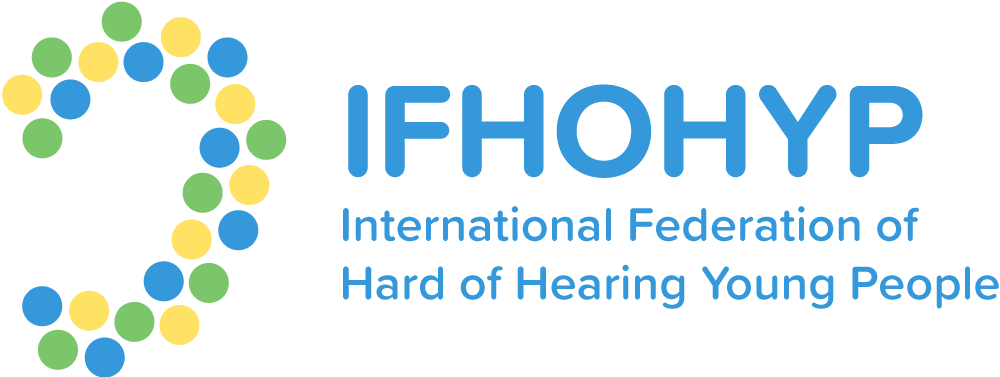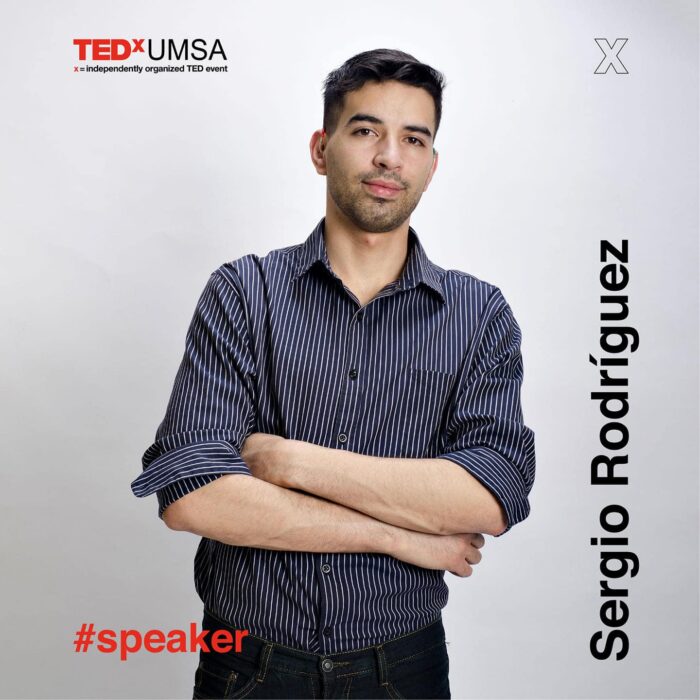31st World Congress: “Integrating Sustainability into Project Management,” Merida, Yucatan, Mexico. 30st September-2nd October 2019
After arriving in Mérida, dubbed the white city, safest in Mexico, we went to Mexico City, its capital, the largest city in Latin America. It was an incredible opportunity, suddenly a call was presented to participate in an International Project Management Congress, a first in Latin America. The trip consisted of almost 24 hours, a week of paperwork at the Mexican embassy and many barriers, but in the end the result will bear fruit, which is very important. I applied, studied, classified and arrived with two others from the University where I study, Universidad Mayor de San Andres (UMSA) and let me just say: “Wow!”
The IPMA Young Crew organized an event that allowed us to access the knowledge tournament with its multiple-choice answers. The details were presented on the big screen, I was very distressed about how this would appear. I’m not sure if it was a modification for a reasonable adjustment style based on our accessibility rights or simply by chance. Furthermore, I was given the opportunity to use the Google Instant Transcription application. After the event, we attended workshops presented by organizers that gave us a local case linked to a local issue in which we must find solutions utilizing the elements of competence that facilitate us to solve certain problems. The participants were from all over the world, simply divided by the linguistic barrier between English and Spanish.
[Note: In addition to English and Spanish, this same language barrier exists in sign languages. Firstly, there is the Mayan Sign Language, in the Yucatan Peninsula, where I was able to meet René, Deaf from birth and has the merit of finishing two degrees and completing a postdoctoral degree, and the Mexican Sign Language, where Ernesto (Sordo) and Itzel (HOH) have worked as a team and graciously welcomed us at the airport, so that the LSM is regulated through a Regulatory Center, so that it does not alter the signs that cost so much to unify. The latter were also representatives in the Parliament of Persons with Disabilities in CDMX; to defend these linguistic rights. Lastly, sign languages are a tower of deaf Babel, around the world there are in excess of 300 different sign languages.]
We met the Young Crew Bolivia team, consisting of members from different walks of life. Preliminarily, the team was selected to represent Bolivia. Young Crew (YC) is the world’s largest network of young professionals and students in project management, this experience helps to understand how the procedure works to achieve a certain goal. We learned from the knowledge in project management and management of professionals from different parts of the world in many subjects, having sustainability as the center of the event and many green projects. I discovered few people working on disability, as it remains a very unnoticed issue. Hence, this was our goal, to represent the Universidad Mayor de San Andrés and my country. Along the way, I was able to participate in a discussion at the Facebook offices about everyday challenges with a group of people with disabilities, where each one had their own perspective, in terms of disability and barriers. I also had the opportunity to participate in an Internet radio interview, in a disability-based program. Finally, we connected Itzel to a deputy who chairs the human rights commission, the objective was to be able to implement a Parliament of People with Disabilities in Bolivia, so that the demands of these civil groups and movements by their representatives are democratized, and work towards implementing these rights in each circumstance.
We encountered a lot of accessibility in public spaces, be it guide dogs, Deaf activists, HOH, with cochlear implants, parents, deafblind twins, both with a cochlear implant, their method of communication and their interpreters, whom are nothing short of inspirational, days of inclusion in the higher education at UNAM, the most prestigious university in Latin America. It was wonderful to connect with each one via social networks and coordinate meetings between wide distances, and everyday there is an event linked to this topic, institutes of critical studies with the central axis of Disability, conferences, benefits such as free transportation (by showing the Disability card in the subway and subway bus), access to the cinema, where almost everything is subtitled (in Bolivia, it is a miracle to find a movie with captions).
It continually motivates me to move forward in this uphill struggle. The stigma surrounding disability disappeared, at least momentarily, because we will continue to fall in love with people for inclusion and having an open mind.
Sey doesn’t let anything stop him from being active even now: he recently gave a Ted Talk speech in order to make our disability less invisible and change the perspective. Check it out here: https://youtu.be/KIJoB2bgxIo?t=3120 ! You can set automatically generated English captions and enjoy 🙂

